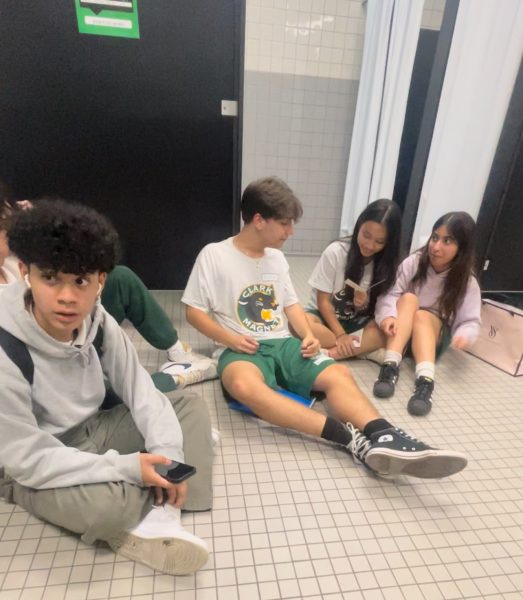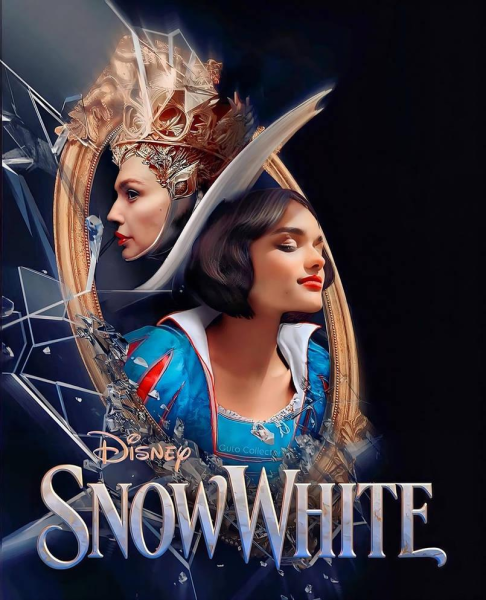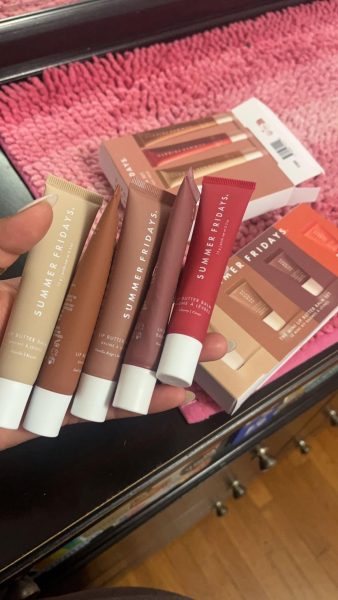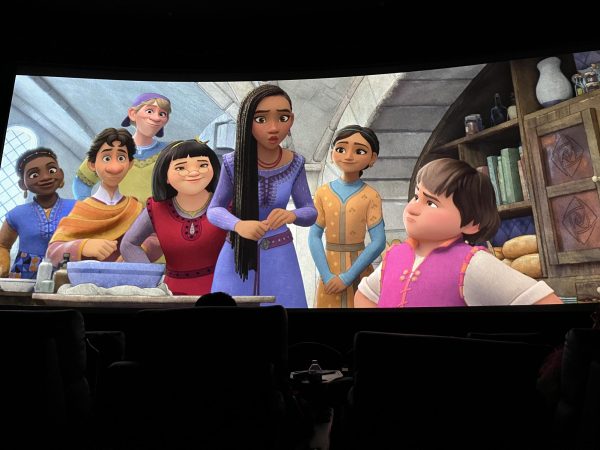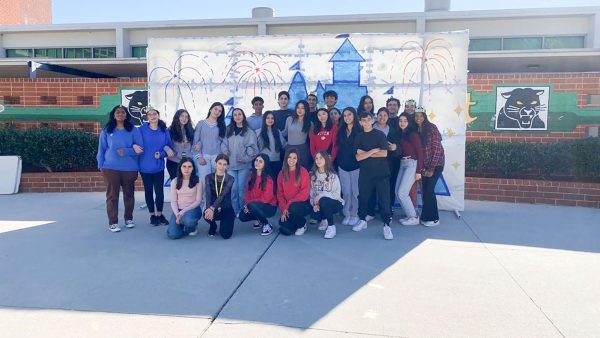Hollywood speaks up against #OscarsSoWhite

This year’s Oscar nominees are alarmingly white, and many significant members of Hollywood have spoken out against the apparent racism in the Academy.
Every year, the Academy Awards present the greatest pieces of cinema with recognition for their artistic vision and powerful themes. With the annual award show just around the corner, a controversy comes with it this year.
The Academy itself is comprised largely of middle-to-late-aged white men and women, except for president Cheryl Boone Isaacs, who was the first African-American woman to take the reigns of the organization back in 2013. In past years, the Academy has consistently faced backlash for the failure to acknowledge filmmakers and actors of different ethnicities, and this year was no different, giving birth to the popular phrase #OscarsSoWhite.
In 2014, the Academy awarded best picture to 12 Years a Slave, the true story of Solomon Northup and his harrowing survival through slavery in the mid 1800s. The public was enthralled to see the Academy wholeheartedly and honorably recognize films made by African-Americans, awarding actress Lupita Nyong’o and screenwriter John Ridley with awards as well. However, as the years have gone by, few African-Americans and filmmakers/actors of other ethnicities have been recognized, leading the public to believe that the reason they awarded 12 Years a Slave in the first place was simply to appease those who thought the Academy rejects diversity when it comes to films.
In 2015, the Academy criminally underappreciated one of 2014’s most acclaimed films Selma, the exquisite biopic of Martin Luther King Jr. and his march from Montgomery to Selma. The film won best song and was nominated for best picture, but that’s it. Absolutely no credit was given to David Oyelowo’s courageous performance as Dr. King and Ava DuVernay’s superb direction, which brings up a whole other argument about the Academy rejecting feminism. But focusing on the racial issues, the lack of recognition has not seemed to diminish this year, as not a single African-American, Latino or other minority is nominated for any major award, with the exception of Alejandro González Iñárritu for best director.
As for a Latino talent who was undermined, Benicio Del Toro was utterly ignored for his stunning supporting role in Sicario, who was better than every performer in that category perhaps minus Stallone in Creed.
Speaking of which, Ryan Coogler, the 29-year-old writer/director of the phenomenal Creed received no recognition for his terrific work despite having deserved it more so than some of the people nominated. Likewise with the cast of Straight Outta Compton, who have actually chosen not to attend the ceremony despite it being nominated for best screenplay, which was written by four white people. So the film was recognized, but not in a way that honored the young, dynamic actors who truly deserved it.
This craze led to many celebrities choosing not to attend the show this year, particularly A-list actor Will Smith, who has been strongly protesting this injustice. Actor Mark Ruffalo, nominated for best supporting actor for Spotlight, has also joined Smith in boycotting the ceremony, stating that America is “rife with racism.” Ruffalo will still be attending the ceremony, however, in support of the victims of the victims of clergy sexual abuse as depicted in the film.
Latino actor Michael Peña also added his voice to the controversy in a less radical fashion, explaining that the whole ordeal is a “champagne problem” and staying that it would be nice to have more diversity, but isn’t as vocal about it as others. He does think it’s “good to have a have a voice” in an “industry full of artists,” which is remarkable commentary upon the matter.
Perhaps the reason the Academy didn’t nominate anyone of a different race because they honestly thought the work done by their peers who were white was superior. However, if they nominated these people solely because they’re white, then that’s a problem. Some of the best talent this year was found in films made by or starring African-Americans or Latinos or any other non-white race, and it’s absurd that they weren’t acknowledged.

INTERESTS/HOBBIES: Inter-dimensional travel.
EXTRACURRICULAR ACTIVITIES: Stopping Dr. Doom.
THREE WORDS TO DESCRIBE ME ARE: This isn't science.
IN...







